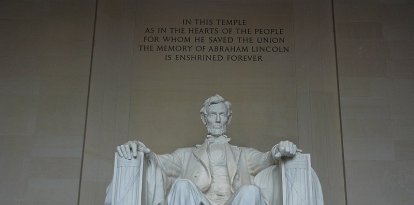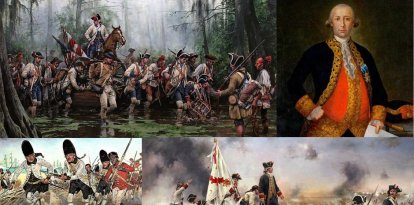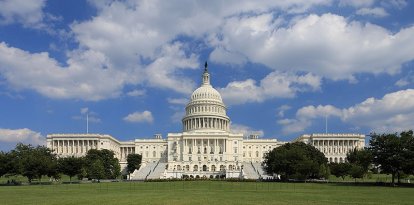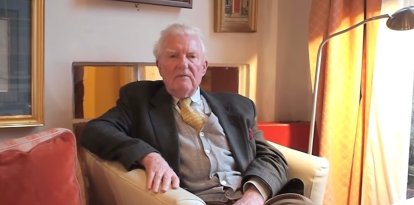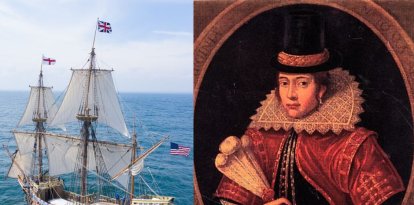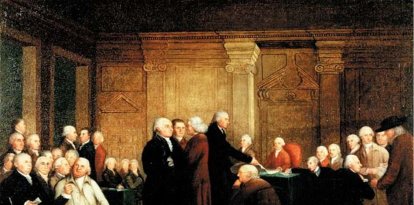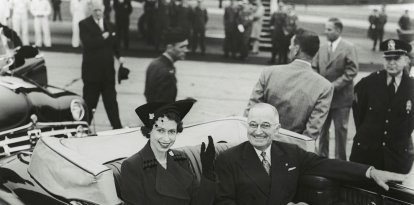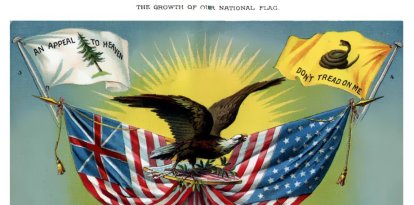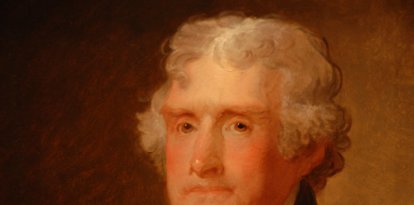Unpublished letter written by Abraham Lincoln during the Civil War valued at $85,000 discovered
The correspondence was recovered by The Raab Collection auction house and was addressed to Union Army Colonel Charles Ellet, Jr, considered at the time to be one of the country's most valuable engineers.

Abraham Lincoln/Wikimedia Commons
The Raab Collection, an auction house specializing in historical items, unveiled some excellent news for history fans, especially presidential history. They recovered an unpublished letter written by Abraham Lincoln during the Civil War, which was addressed to Union Army Colonel Charles Ellet, Jr., considered at the time to be one of the country’s foremost engineers.
The letter had been part of a private collection for over 100 years and was acquired by Raab in early 2023. It sheds some light on the strategy used by the former president during the war, especially the attempts to protect Washington DC using the technology available at the time.
What does Lincoln’s unpublished letter say?
The correspondence is dated August 19, 1861, and was sent from the Executive Mansion (The White House). The auction house valued it at $85,000, given that it “completes a missing part of the historical record.”
As background, Ellet Jr. had been trying to convince Lincoln to send more support to the Army Corps of Engineers. The Colonel also wanted the Union to build steam-powered ram ships to protect the northern ports. Lincoln advised him to obtain the opinions of Generals Winfield Scott, James Totten and George McClellan on the subject. The finding also sheds light on Lincoln’s strained relationship with General McClellan.

“You propose raising for the service of the U.S., a Civil Engineer Corps,” President Lincoln wrote to Ellet. “I am not capable to judge of the value of such a corps; but I would be glad to accept one if approved by Gen. Scott, Gen. McClellan & Gen. Totten. Please see them and get their views upon it,” added the man assassinated on April 15, 1865.
According to Raab, the letter was subsequently delivered to the home of McClellan, who refused to meet with Ellet in a “snub” to the president. “This letter is documentary evidence of McClellan’s mistreatment of Lincoln,” the auction house added.
“I called this morning at the residence of General McClellan, and endeavored to obtain an interview with him through the influence of your note requesting him to give me one,” Ellet replied to the President. “But the general was unwilling to communicate with me … My effort, I regret to report, was entirely unsatisfactory,” he confessed.













